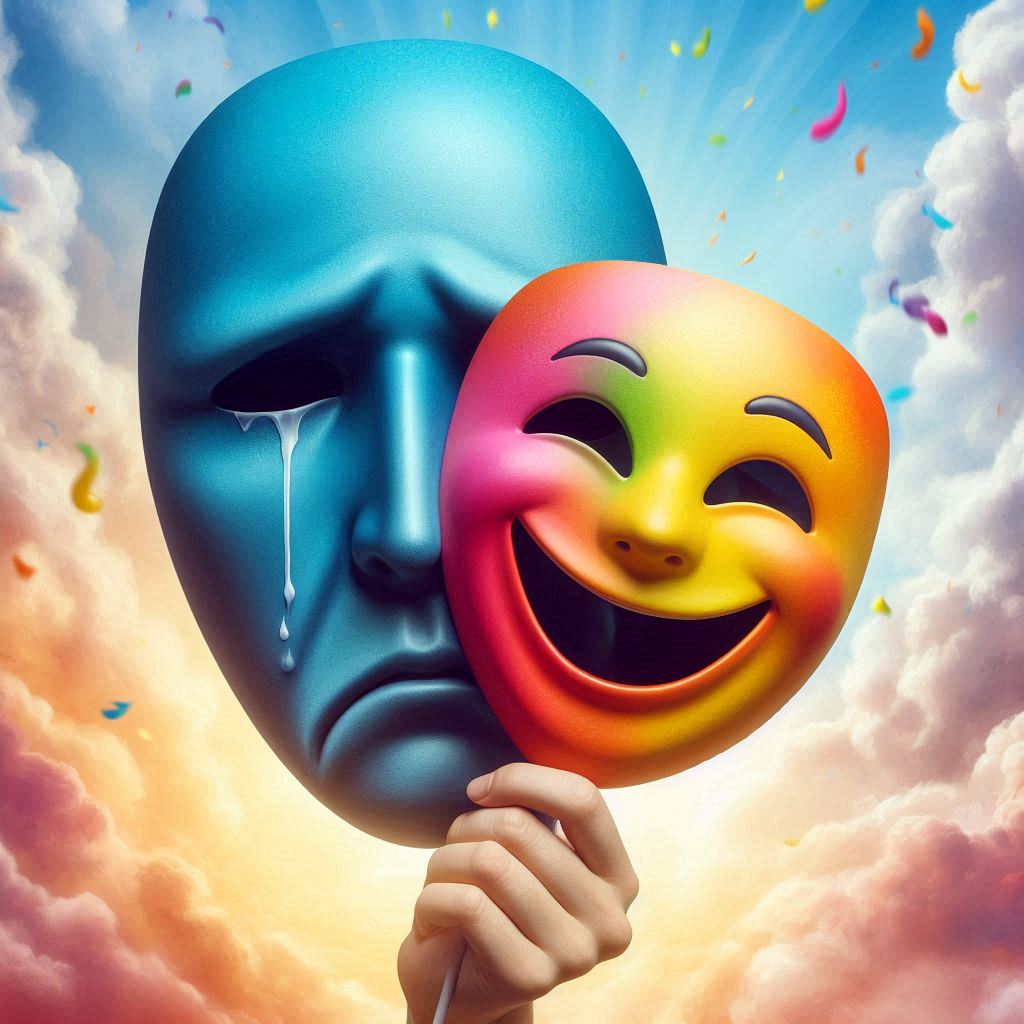Your cart is currently empty!

April Fools’ Day and Mental Health: When Jokes Cross the Line.
April Fools’ Day and Mental Health: When Jokes Cross the Line.

Welcome to our mental health blog! Today, we talk about the connection between April Fools’ Day and mental health, exploring the fine line between humor and harm.
April Fools’ Day is often seen as a lighthearted occasion filled with jokes, pranks, and laughter. While humor can be a powerful tool for connection and stress relief, it’s important to recognize that not all pranks are harmless—especially for those struggling with mental health challenges.
The Power of Humor in Mental Health
Laughter has been scientifically proven to reduce stress, lower blood pressure, and improve overall mood. For many, humor serves as a coping mechanism that allows them to navigate life’s difficulties with a lighter heart. When used positively, jokes and playful interactions can foster connection and ease tension.
When Pranks Cross the Line
However, not all pranks land well. What may seem like an innocent joke to one person can be deeply distressing to another. Individuals dealing with anxiety, trauma, or depression may find certain pranks triggering, leading to heightened stress, panic, or feelings of isolation.
Common problematic pranks include:
- Fake emergencies – Telling someone bad news as a joke can evoke extreme distress.
- Deception-based pranks – Manipulating someone’s emotions, especially for an extended period, can lead to trust issues and increased anxiety.
- Public embarrassment – Humiliating someone, even in jest, can worsen self-esteem and social anxiety.
Mindful Ways to Celebrate April Fools’ Day
To keep the day enjoyable for everyone, consider these mental health-conscious approaches:
- Keep it light and positive – Playful humor that doesn’t target personal insecurities or anxieties is best.
- Know your audience – Understand what your friends, family, or colleagues find funny and what might be distressing.
- Avoid pranks about serious topics – Mental health, medical conditions, relationships, or job security should never be the subject of a joke.
- Be ready to apologize – If a prank upsets someone, acknowledge their feelings and offer a sincere apology.
Spreading Kindness Instead
Instead of pranking, consider using April 1st as a day to spread unexpected joy. Surprise someone with a kind note, an act of generosity, or an uplifting message. These gestures can create laughter and happiness without the risk of harm.
Final Thoughts
Humor is an essential part of life, but being mindful of how jokes impact others is just as important. This April Fools’ Day, let’s celebrate with laughter that lifts people up rather than brings them down. A joke is only funny when everyone is laughing, and mental health should always be a priority in our interactions.
Takeaway:
If you or someone you know is facing mental health challenges, taking the first step toward treatment can make a profound difference. Early intervention, professional help, and community support are all tools that can lead to recovery and peace of mind. If you are ready to take that step, consider reaching out to professionals who can guide you through your journey. Whether through Ellipsis Counseling Center or another resource, help is always within reach.
Thank you for joining us on this journey to promote mental well-being and breaking the stigma. Stay tuned for more insights, tips, and stories on our mental health blog, and don’t forget to check out our Podcast and YouTube channel for deeper discussions and additional resources!
If you have a personal journey related to this topic that you would like to share, please feel free to email us at [email protected]. Let us know if you want to share it anonymously or with your name.
